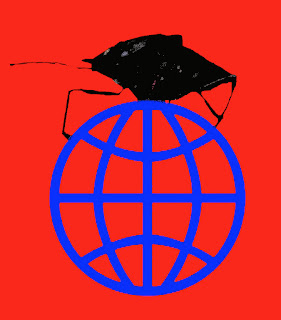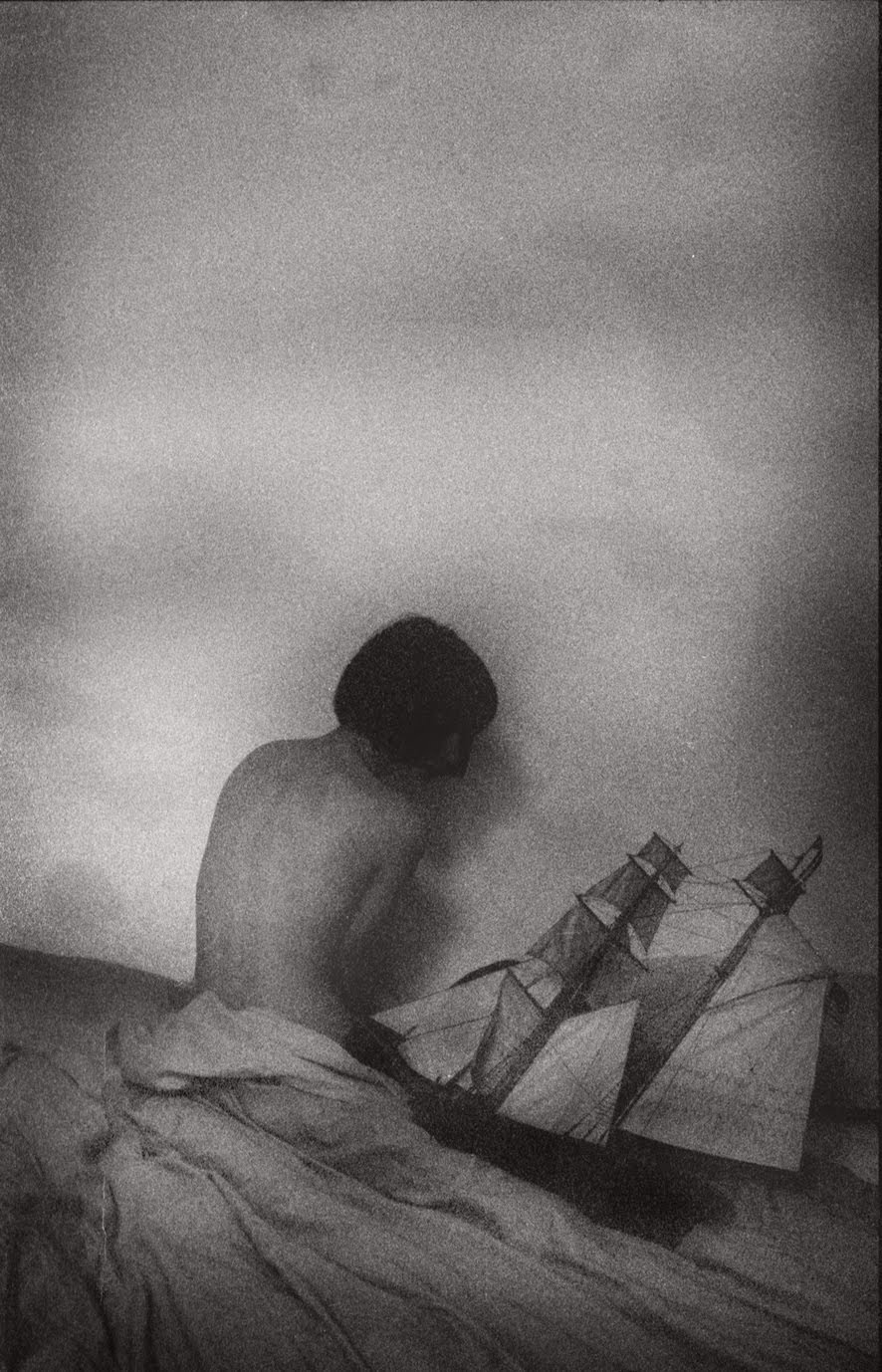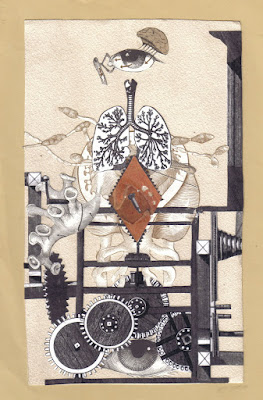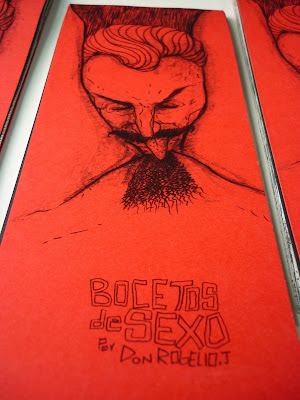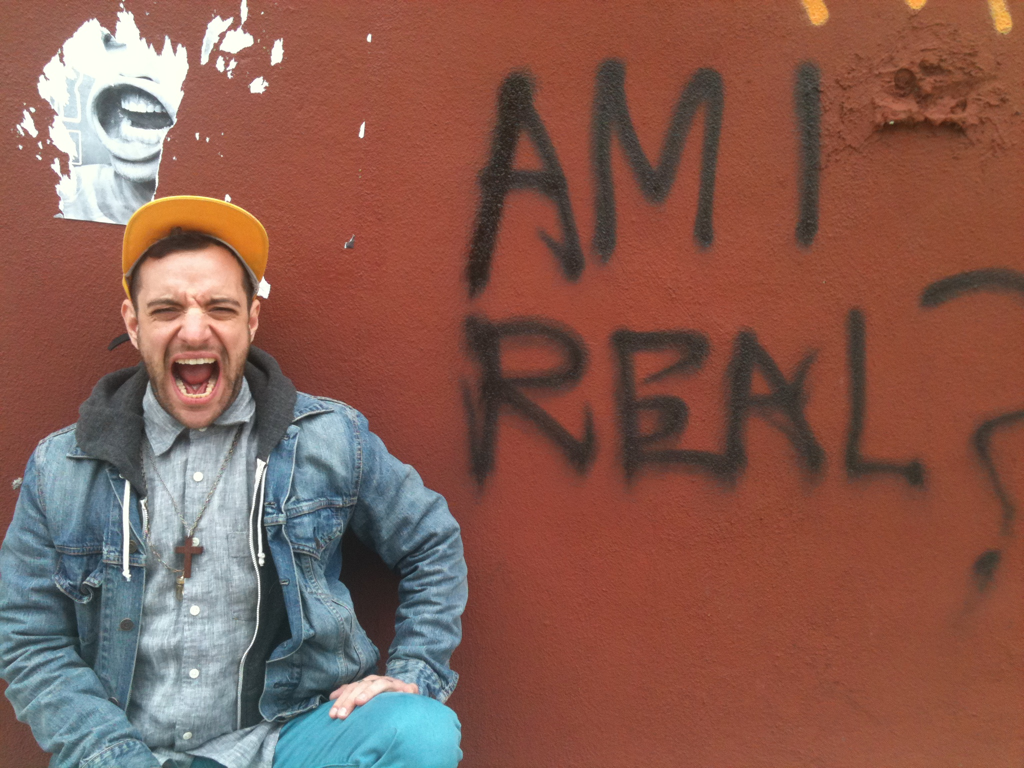In what way is the right to the city expressed through the
strategies of squatting?
How could these actions be considered
expressions of society rather than places of utopia?
This was part of the basic theoretical inquiry that gave the skeleton
to a strange organism. Its name is “BaBel2. The Independent Biennial of
Critical Housing”, an event that happened May 15 – 20 in Rome in a very
symbolic location: “C.S.O.A. Forte Prenestino”, a squatted social
center representing twenty six years of outlaw history and cultural
production in Italy. Here the Queer movement produces an interzone;
allowing territorial identities to again be deconstructed, reopened and
fluctuating. The Independent Biennial of Critical Housing was a huge
effort made by the organisers of BaBel2 as an enormous re-evaluation of
20 years of underground liberation history made by this movement.

Allo Performance! - Mirha Soleil Ross (Quebec, 2002. 13 min.)
BaBel2 conceptualised a “right to the city” positioning itself as the
dissolving link between the 20th century sociopolitical category of
‘citizenship’ with the more lively category of “inhabitancy” as active
becoming-metropole. In this perspective “the right to the city” does not
wait for any political mediation but enters in the metropole, living it
and opening it. In this frame, I felt that a crucial door-opening key
was
Tobaron Waxman’s curation of
shorts, “TOPOGRAPHIXX: Trans in the landscape”. What gave me the reason
to present it in the “landscape” of BaBel2, was the subtle poetic
seduction of open bodies loving and becoming one with the landscape of a
world-metropole; urban and rural at the same time. There is no
dialectical opposition against the territory but a new emotional
strategy of bodies opening to it, inhabiting it.

Chris Vargas (USA) Have you ever seen a transsexual before? 2010 (04 min)
The biggest success was the screening of Del LaGrace Volcano’s “The
Passionate Spectator
” which Tobaron describes as “the first
non-narrative example of an Intersex Cinema”. I think it was the deepest
representation of the emotional transition. This was not merely because
the film was based on Charles Baudelaire’s flaneur´s visions and
metropolitan consumption of an interconnected “ville lumiere”, but on
the subtle abilities to be crossed by and guided by a metropolitan
improvised polyphonic choir# in getting lost, guided by voices and
enjoying the incongruence as new organism.
I personally loved Mirha Soleil Ross “Allo Performance!” paling
concepts of frontier between body, pregnancy and waves on the sand. For
me it was all about the sound and rhythm, sliding and defining genders.
There is a perfect slow motion synch between the waves, the atonal sound
of the mothers off-screen voice and the slow focus toward the close-up
that makes you perceive, dream and reformulate a transfemininity
representing the disturbing beauty of a pregnancy. It was like the
landscape itself made her pregnant.
Chris Vargas’ video was the most pop and even the most dialectic of
the whole screening because it risks to produce an opposition between
what is external and what is internal in his vision of and relationship
to the landscape.

Jacolby Satterwhite (USA) Reifying Desire (07min)
In Raafat Hattab´s work “Bidun Unwaan” I saw the transitive vision
between an open body and a tree of resistance, representing this
dialogue of juxtaposing landscapes which, instead of synthesizing
themselves in the oppression of an imposed development model, open a
chaotic scenario. In a way this is the ideological base of the guerrilla
gardening movement. Perhaps this is another reading from the fast
perception of values such as roots, ground, national identity,
resistance to the occupation omitting the sadness of death as a partial
memory removal strategy.
After the screenings I would start a party by playing:
In their proposal for TOPOGRAPHIXX, Tobaron writes: “”TOPOGRAPHIXX is
inspired by MTF spectrum filmmakers who have created imagery concerned
with landscape. I have for a long time been interested in and an ally to
activism around land claims, homelessness, and the basic human right to
a self-determined context. TOPOGRAPHIXX presents a number of short
films and videos which engage a variety of sites both natural and urban
with political and esthetic strategies that harken back to feminist
concerns with landscape, while simultaneously pushing forward into new
territories of transfeminist representation. These works are in synch
with my thoughts and aspirations for curation of work by trans people as
well as the cultivation of a more intersectional discourse around
gender, border trauma, territory and power.”

Raafat Hattab (Jaffa) Bidun Unwaan (06 min)
In this perspective a queer body can be the in/out gate of different
metropoles development conceptualization, putting at stake either the
homonationalism through pink washing or the turbogentrifications
afflicting areas defined “queer” in Western metropoles. Trans in the
landscape is the transition of the landscape as nomad trace leaving
signifying desires of worlds to be; the interconnecting project of a
without-organs body which found its becoming, resolving its heterotopic
routine.
As part of the OUT LIKE THAT! Festival at Bronx Academy of Arts and
Dance (BAAD!) MIX NYC Queer Experimental Film Festival presents a
screening of TOPOGRAPHIXX: Trans in the landscape on June 14, 2012. 8pm. Tickets: $5.
Films include works by Barbara de Genevieve, Raafat Hattab, Rémy
Huberdeau, Del La Grace Volcano, Mirha Soleil Ross, Jacolby Satterwhite,
Chris Vargas, Yossi Yacov. Q&A to follow, with Jacolby Satterwhite
and Tobaron Waxman.




